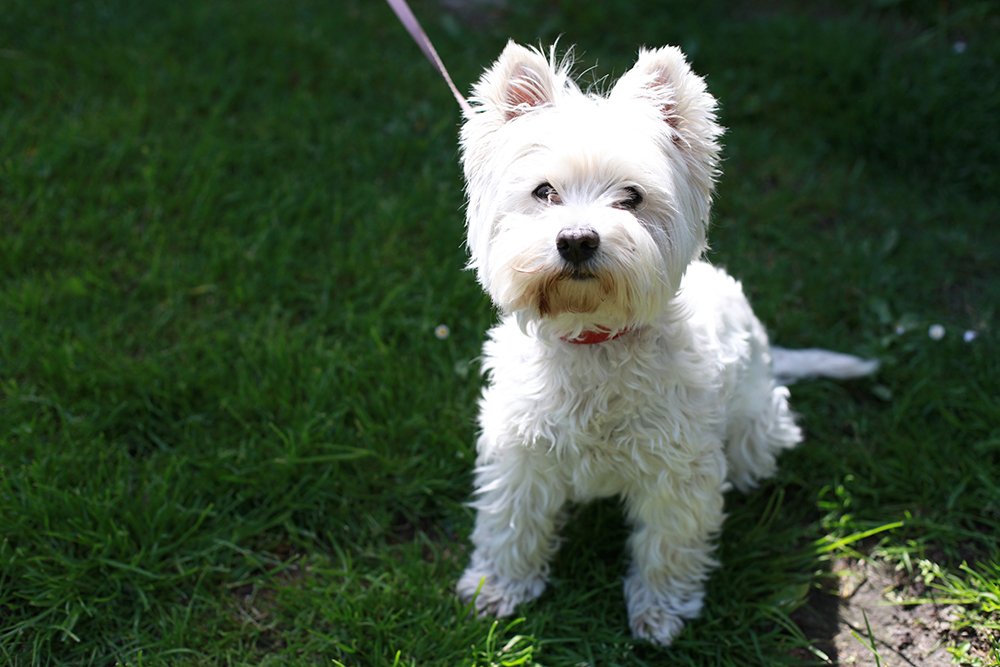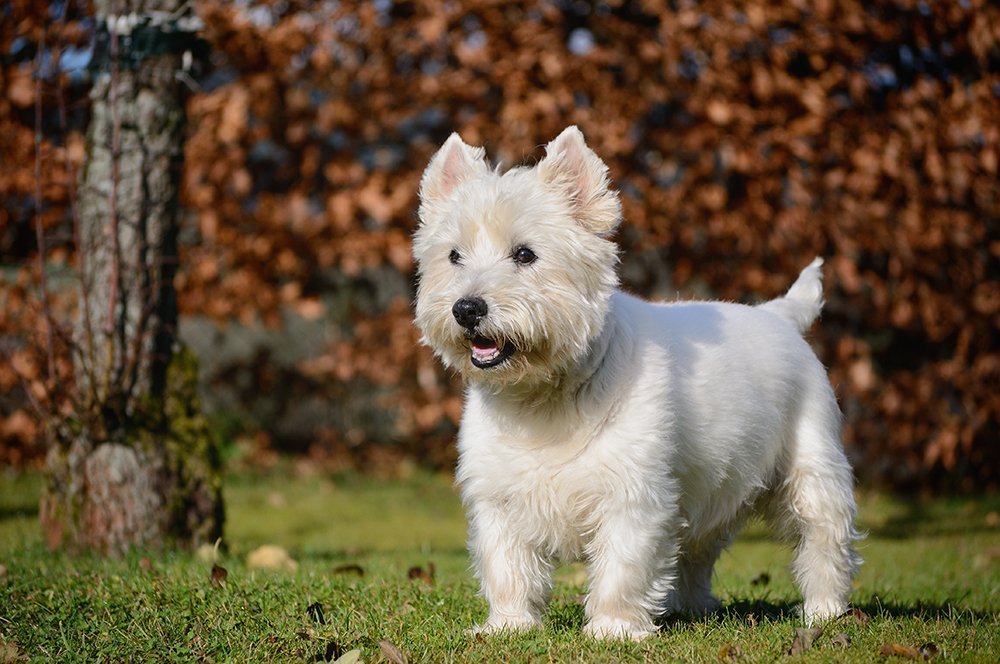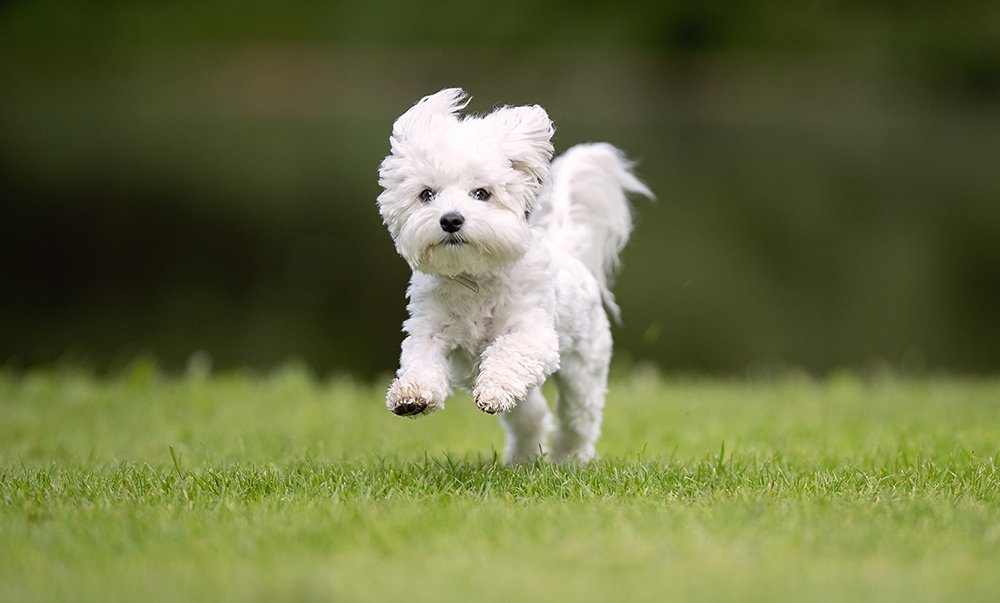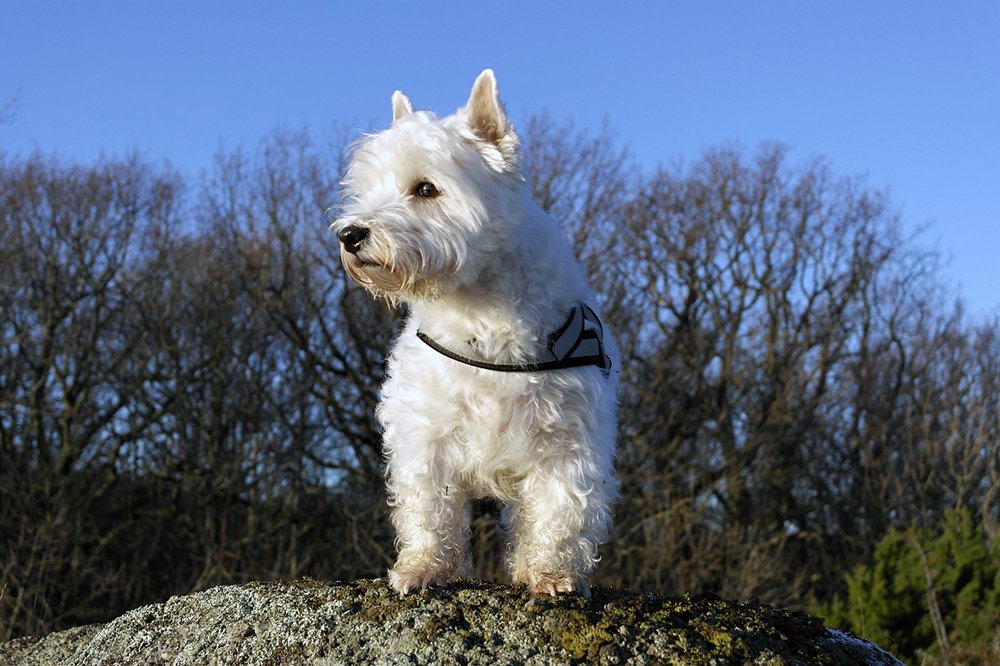Have you ever found yourself wondering how best to train your West Highland White Terrier? These energetic little bundles of joy certainly know how to charm, yet they can require a bit of guidance to ensure they grow into well-behaved companions. Let’s take a closer look at effective training techniques tailored specifically for your Westie.

This image is property of www.dogster.com.
Understanding West Highland White Terriers
West Highland White Terriers, commonly known as Westies, are spirited dogs with a strong personality. While they possess the intelligence to learn quickly, they do have specific training needs that you should consider. With the right approach, you can help them blossom into well-mannered members of your family.
Why Training is Important
Training is essential for all dogs, but it holds particular significance for Westies due to their curious and sometimes stubborn nature. These traits make structured training critical for several reasons:
- Behavior Management: Training helps manage behaviors, especially barking, which can become excessive if not addressed.
- Safety: Teaching commands such as “sit” and “stay” contributes to your dog’s safety and the overall safety of your home environment.
- Building Relationship: Consistent training strengthens the bond between you and your furry friend, creating trust and understanding.

This image is property of www.dogster.com.
Cost-Effective Training Methods
Many dog owners believe that effective training requires hiring expensive trainers. The good news is that you can achieve success right at home without breaking the bank. Here are some cost-effective strategies:
Using Food Rewards
Food rewards are an excellent way to motivate your Westie during training. Simple treats that your dog loves can go a long way. This does not mean you have to buy expensive treats; small pieces of kibble or healthy snacks work perfectly.
Essential Supplies
To set yourself up for success, you’ll need a few key items:
| Item | Purpose |
|---|---|
| Leash | For controlled training sessions |
| Harness | To ensure comfort and safety while walking |
| Crate | Provides a safe, designated space for your Westie |
| Puppy Pads | Aids in house training, especially for younger puppies |
Having these tools on hand will make the training process smoother and more effective.

This image is property of www.dogster.com.
Training Techniques for Your Westie
1. Positive Reinforcement
Emphasizing positive reinforcement is one of the most effective training strategies. Rather than scolding your Westie for undesirable behavior, focus on rewarding good behavior.
This builds trust and encourages your Westie to comply with your commands. For example, if your pet sits when asked, celebrate that achievement with praise or a treat. Remember, a happy Westie is an eager learner!
2. Start Early
Starting training as early as possible will greatly benefit you and your Westie. Recommended to begin around eight weeks of age, early training takes advantage of your puppy’s developing mind.
Keep training sessions short but frequent to maintain your dog’s focus. A few minutes several times a day will be far more productive than a long session once a week.
3. Socialization
Socializing your Westie is just as important as basic training. Early exposure to new environments, other dogs, and people helps your puppy learn how to behave in various situations.
Reward calm and positive interactions during these socialization opportunities. This encourages behaviors you want to see more of in the future.
4. Teaching Essential Commands
Once your Westie is comfortable with socialization, you can start teaching essential commands. Fundamental commands such as “sit,” “stay,” “come,” “leave it,” and “drop it” are vital for communication and safety.
Here’s a brief breakdown of how you could teach these commands:
| Command | How to Teach |
|---|---|
| Sit | Hold a treat above the dog’s nose, moving it back. They will naturally sit to follow the treat. |
| Stay | Ask your dog to sit, hold your hand up and say “stay.” Gradually increase the time before returning. |
| Come | Use a long leash, call your dog, and gently pull them towards you if they do not respond. Reward when they comply. |
| Leave It | Show a treat in your hand, close it, and say “leave it.” When they back away, reward them with the treat from your other hand. |
| Drop It | Offer a treat for your Westie to let go of a toy or object they’re holding. Once they drop it, reward them immediately. |
Practice these commands regularly, building on your dog’s existing knowledge.
5. Bark Training
Excessive barking can become a challenging issue with Westies. Address this immediately by rewarding quiet moments. If your Westie is barking for attention, try to ignore the behavior until they calm down, then reward their silence.
Ensuring your pup has enough exercise is also critical in reducing restlessness, which often leads to barking. Regular walks and play sessions help release that pent-up energy.
6. Crate Training
Crate training offers a safe space for your Westie while teaching them to feel secure. Start by introducing the crate as a positive space, filling it with comfortable bedding, toys, and treats. Encourage your dog to explore it freely.
Use the crate during mealtime or naps, gradually increasing the time your Westie spends inside. Celebrate each successful crate session so that they associate it positively.
7. Potty Training
Potty training is one of the most vital aspects of bringing home a new puppy. Start as soon as you get your Westie, keeping a close eye on their behavior to identify signs that they need to go.
When your Westie successfully goes outside, reward them lavishly. If accidents occur indoors, simply clean up without punishment. This ensures that your puppy feels safe and not fearful of making mistakes.

This image is property of www.dogster.com.
Conclusion
Training your West Highland White Terrier is a journey that calls for patience and consistency. With a positive reinforcement approach, you will be able to foster a trusting relationship with your pup while nudging them toward desirable behaviors.
Remember, training isn’t a one-time event but a continuous process. Embrace each step and celebrate the achievements, no matter how small. Your bond with your Westie will deepen as you share these experiences together, making the journey as fulfilling as the destination.

This image is property of www.dogster.com.



